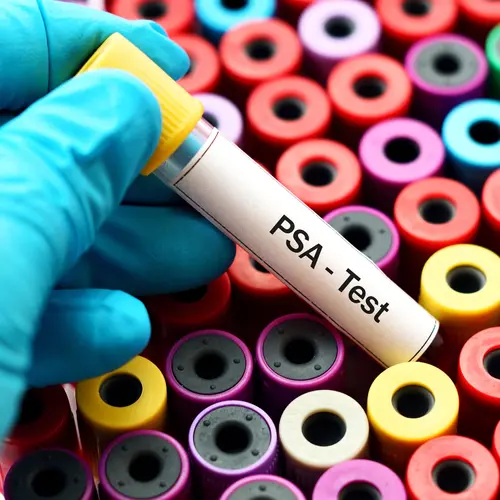Prostate cancer rarely involves a single treatment. It may involve several therapies as well as many health care professionals from different specialties to decide the best treatment options, timing, and dosage. Also, the complications and side effects of prostate cancer may require attention from different experts.
A Multidisciplinary Model for Prostate Cancer
To receive the best care possible for prostate cancer, you should seek care from a multidisciplinary medical team. This means that a group of health care professionals from different specialties work together to decide how best to prolong the length and quality of your life. To know if your medical providers are truly working as a team to help you stay as healthy as possible, ask if they hold regularly scheduled meetings that include all team members to discuss your status. You may want to attend such a meeting or ask for a briefing on it.
Your Prostate Cancer Medical Team Members
Here are the important members of a health care team that treats advanced prostate cancer:
- A urologist is a surgeon who specializes in treating diseases of the urinary tract and the male reproductive system. The urologist plays a key role in managing men with prostate cancer, from diagnosis to treatment. The urologist may perform surgery and prescribe drugs such as endocrine therapy to treat prostate cancer. In cases of advanced prostate cancer, the urologist may also refer a man to other specialists trained specifically to treat advanced prostate cancer.
- A radiation oncologist specializes in using radiation to treat cancer. Many men with prostate cancer receive radiation to delay the spread of cancer and/or relieve pain if the cancer spreads to other parts of the body.
- A medical oncologist is a doctor specially trained to diagnose, stage, and treat cancer with chemotherapy, endocrine therapy, and other medications.
- A physical therapist is a health professional who helps people restore or maintain strength, mobility, and function. For men with prostate cancer, physical therapy can help offset side effects of treatment (such as bone weakening due to hormone therapy). It can also give men a better sense of physical control. And, it can help relieve stress and anxiety.
- A nutritionist/dietitian is an expert on the nutritional requirements of patients. Nutritionists suggest dietary choices that help people maintain their overall health and strength, which may help to combat certain side effects of treatment.
- A social worker is a member of the health care team who provides a wide range of counseling services and support. Social workers can help when families dealing with prostate cancer face challenging issues.
Most experts believe that a team approach works best for treating prostate cancer. The medical oncologist, urologist, and radiation oncologist should be primary members of the team.
Abundant and sometimes conflicting information about treatment options can overwhelm patients. This type of information needs clear explanation. Medical oncologists are well equipped to act in this role. They are familiar with the latest study results and findings. Their input may help men make informed choices about traditional and cutting-edge therapies. In addition, medical oncologists can tell men about clinical trials that may be available.
Some men live with prostate cancer for many years. The medical team can offer various levels of support to meet their changing needs throughout their journey. Men who have time to develop a trusting relationship with their medical team, including the medical oncologist and urologist, report feeling more peaceful and less stressed toward the end stage of their lives.
